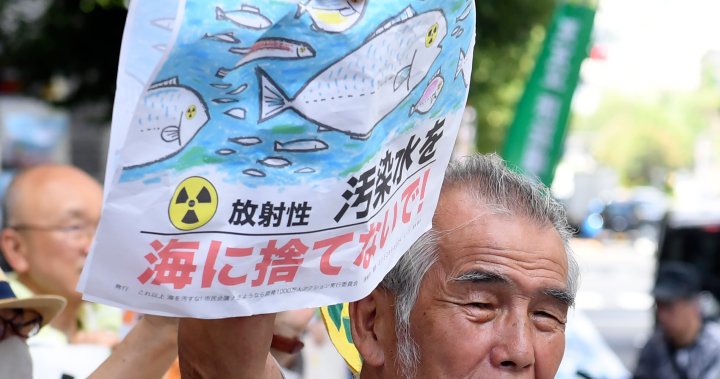The Fukushima Daiichi nuclear power plant, which was severely damaged by a tsunami, has commenced the release of treated radioactive water into the Pacific Ocean. This has sparked controversy and led to China banning seafood from Japan. Japanese fishing groups are concerned about the potential damage to their reputation, while Chinese and South Korean groups have voiced their concerns, turning this into a political and diplomatic issue. In response, Chinese customs authorities implemented an immediate ban on seafood imports from Japan. The ban will remain in place until measures are put in place to prevent the discharge of nuclear-contaminated water. Japanese Prime Minister Fumio Kishida has requested that China lift the ban and has pledged to protect the fisheries industry. Meanwhile, Tokyo Electric Power Company Holdings President Tomoaki Kobayakawa has expressed his commitment to providing scientific explanations in order to have the ban lifted as soon as possible. Both the Japanese government and TEPCO argue that the water must be released to facilitate the decommissioning of the plant and prevent accidental leaks. They claim that the treatment and dilution process will ensure that the wastewater meets international safety standards and has minimal environmental impact. Some scientists, however, argue that attention should be given to the long-term effects of the low-level radioactivity that remains in the water. The release of the water began more than 12 years after the nuclear meltdowns in 2011, caused by an earthquake and tsunami. The release aims to address the increasing stockpile of radioactive water that has hindered the removal of toxic debris from the reactors. The water is being released from the plant via a tunnel and moves at a slow speed. The entire process is being monitored by the International Atomic Energy Agency (IAEA) to ensure compliance with safety standards. The United States supports Japan’s approach and agrees that the process is in line with international safety standards. The release of the water is necessary for the decommissioning process, as the existing tanks are nearing capacity. Fukushima’s fisheries industry, tourism, and economy, which are still recovering from the disaster, are concerned about the potential consequences of the release. China has already tightened radiation testing on Japanese products. Despite the concerns, Prime Minister Kishida maintains that the release is necessary and that preparations for the release must continue.
Denial of responsibility! VigourTimes is an automatic aggregator of Global media. In each content, the hyperlink to the primary source is specified. All trademarks belong to their rightful owners, and all materials to their authors. For any complaint, please reach us at – [email protected]. We will take necessary action within 24 hours.


